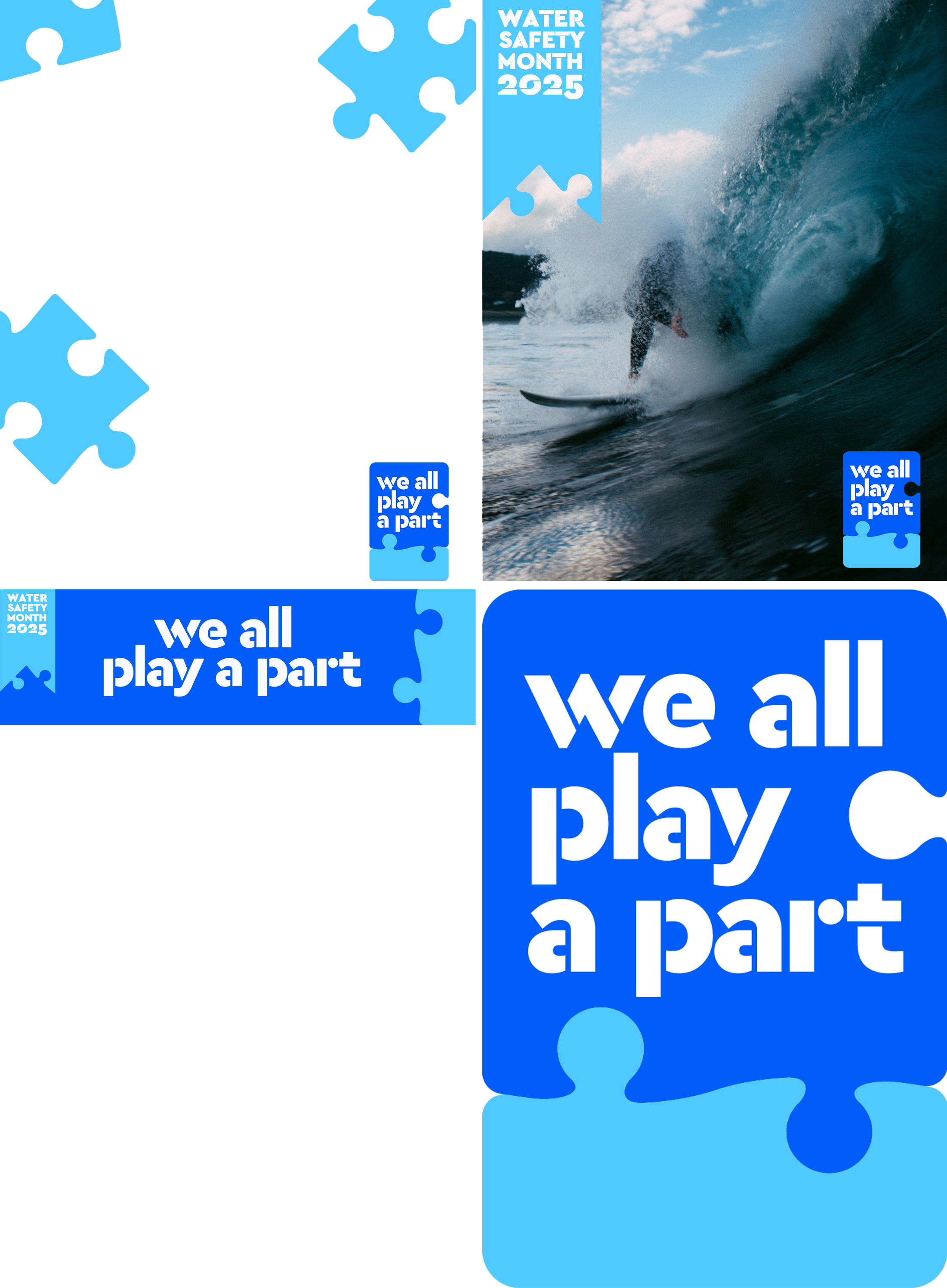New Zealand/Aotearoa is blessed with some of the most beautiful waterways on earth and free diving and snorkelling is a low cost and fun way to explore the underwater world and collect seafood. But like any water based activity free diving and snorkelling comes with risk. It is important to follow best practice when undertaking these activities to minimise the risk and come home safely.
We would encourage anyone looking to undertake this activity to get professional safety training beforehand like those offered by NZ Diving here
Buddy system
- Always dive with a buddy, and constantly monitor each other. Employ a one-up, one-down system.
Weighted dive belts
- Free divers should constantly review and adjust their weight in relation to the diving they are conducting. Ideally, free divers should manage their weight, to maintain a neutral hover point in the water approximately 30 - 40% of the depth to which they will dive.
- Use a quick release buckle belt.
- Divers should abandon their weights when they start to get into difficulty.
Don't dive alone
- It is not recommended by Police to dive alone. However, if free diving alone, it is recommended that the diver remarked or tethered to a surface float to show approximate position under water. If this is not possible, then at the very least the diver should always have someone on the surface actively watching movement and able to assist.
Holding your breath
- Do not make yourself hyperventilate before free diving. This can lead to shallow water blackout.
- Know your limitations, and do not take unnecessary risks.
Fit, Check and Signal with NZ Underwater Association
Water Safety New Zealand supports the Fit, Check and Signal grass-roots campaign run by NZ Underwater Association, to promote self-awareness, behavioural change and best practice for underwater divers. Applicable to all scuba divers and specifically those snorkeling or diving for food and the rapidly growing spearfishing community, this campaign is making divers aware of their obligations to be safe when diving.
Fit, Check and Signal promotes the importance of health and safety considerations, especially for older male divers and the need for gear maintenance and pre-dive equipment checks. In addition, key safety messages include:
- Advise people where you are going diving and when you will return
- Use dive signaling devices – signal location and post dive surfaces, or when in distress.
The social media video campaign will be supported in dive stores.
Visit the NZ Underwater Association here

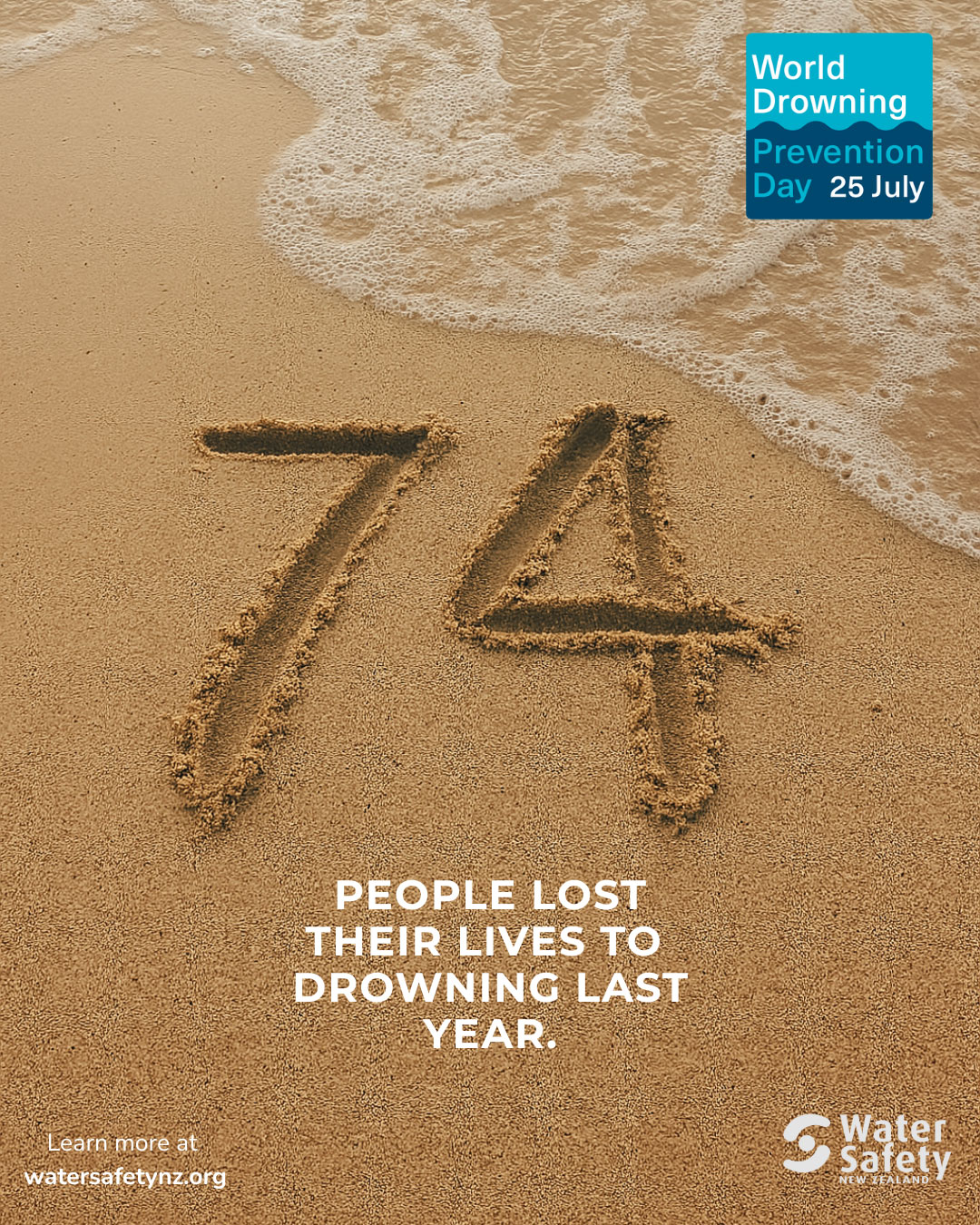
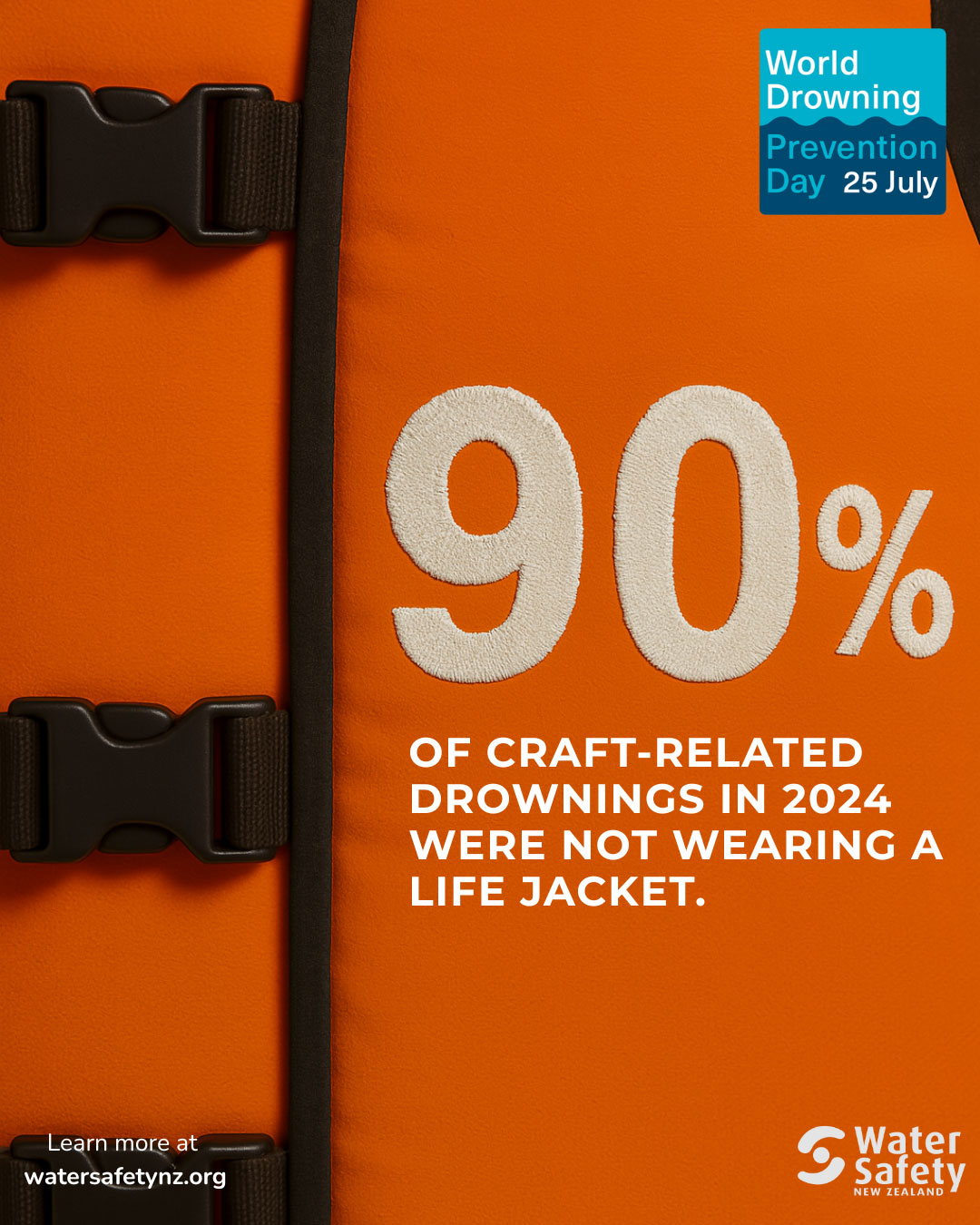
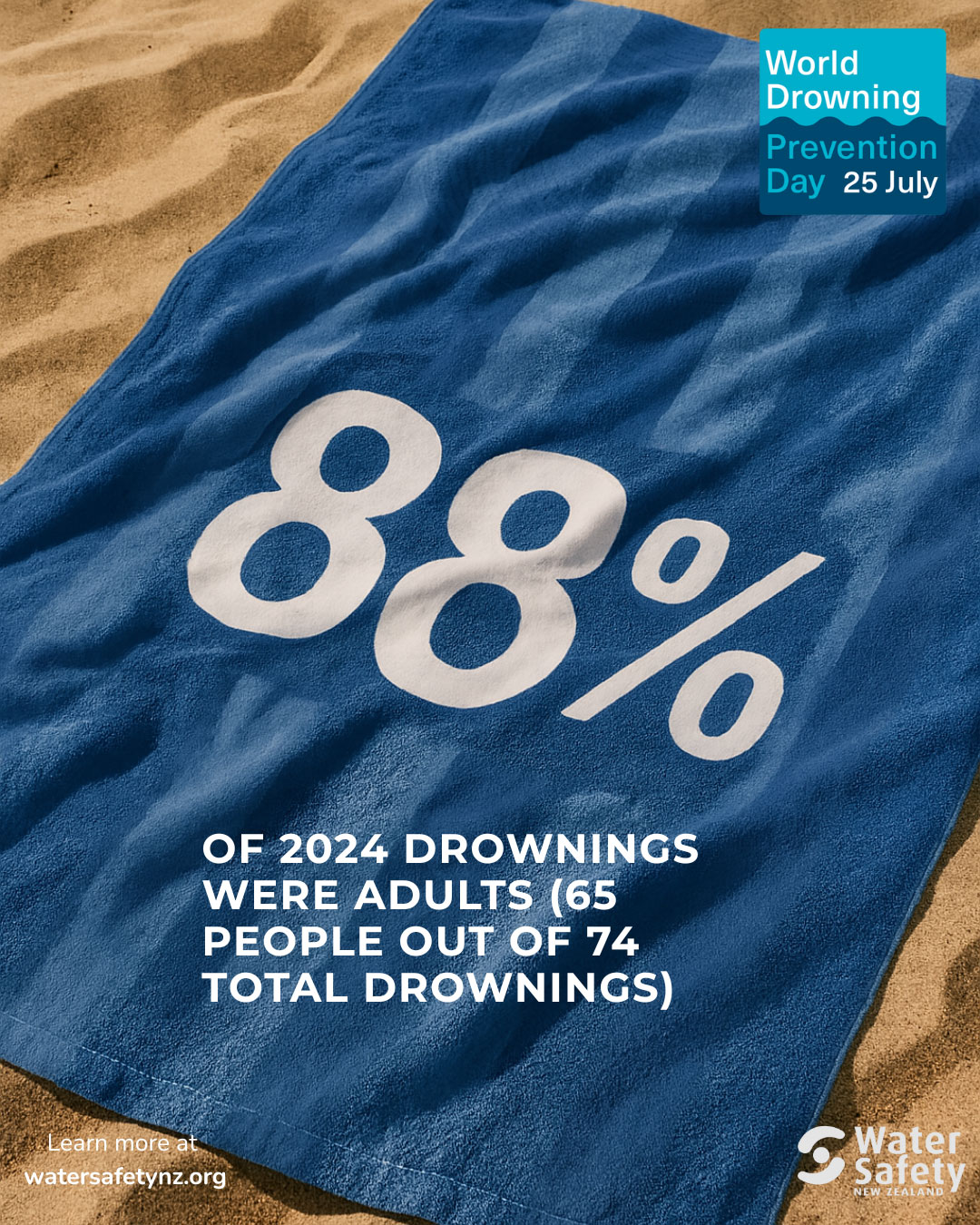
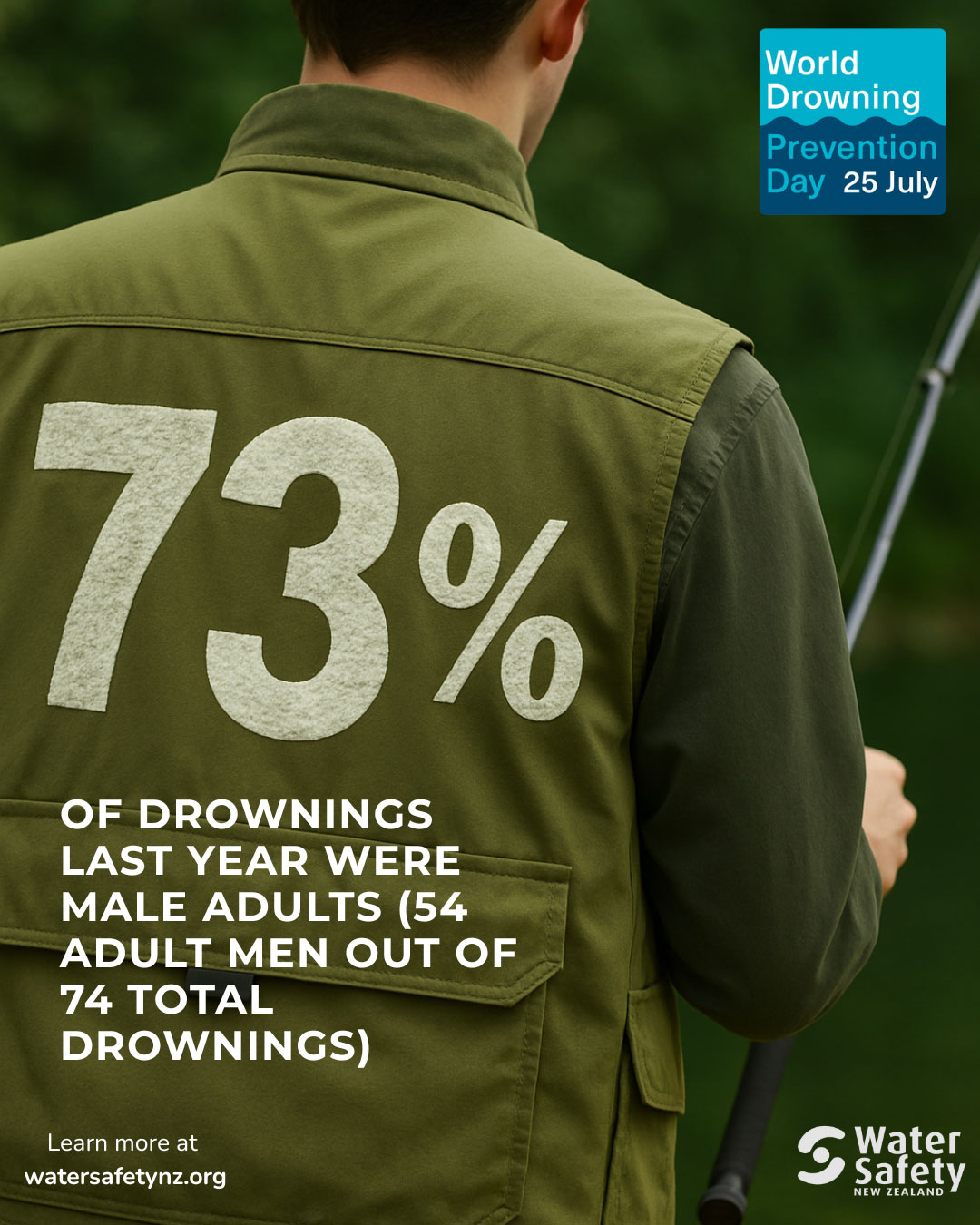

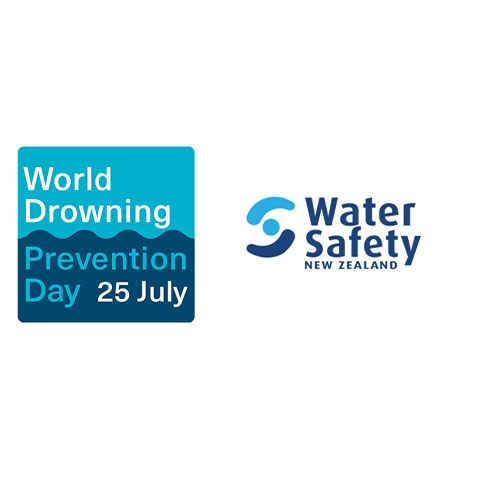
.jpg)
